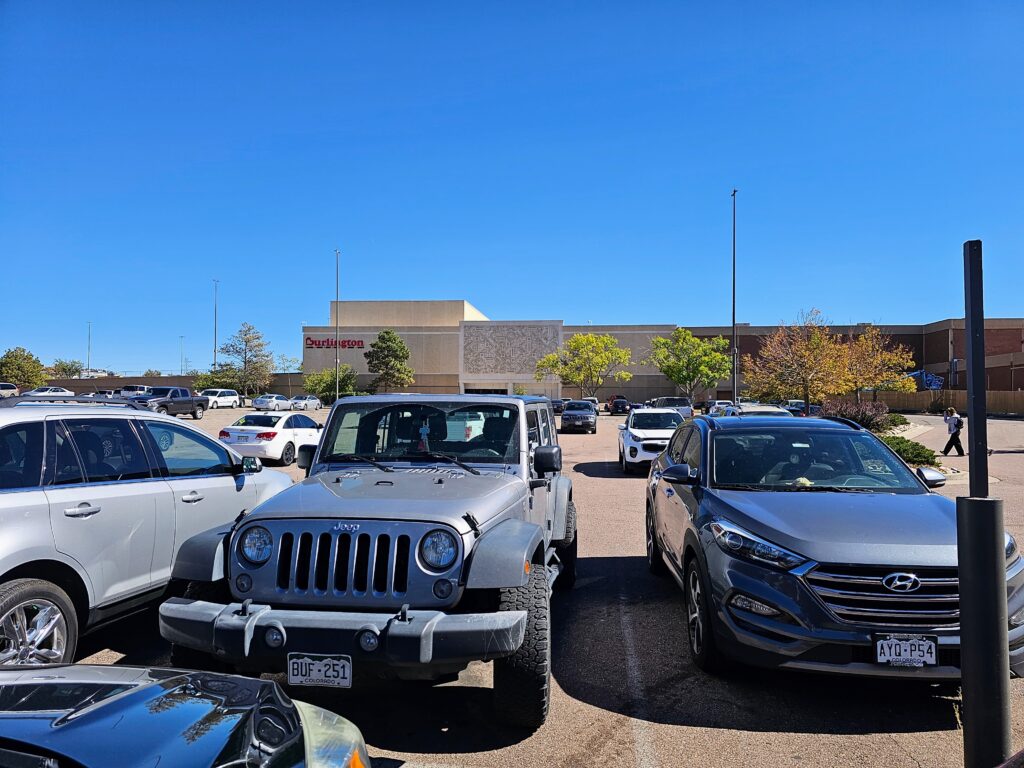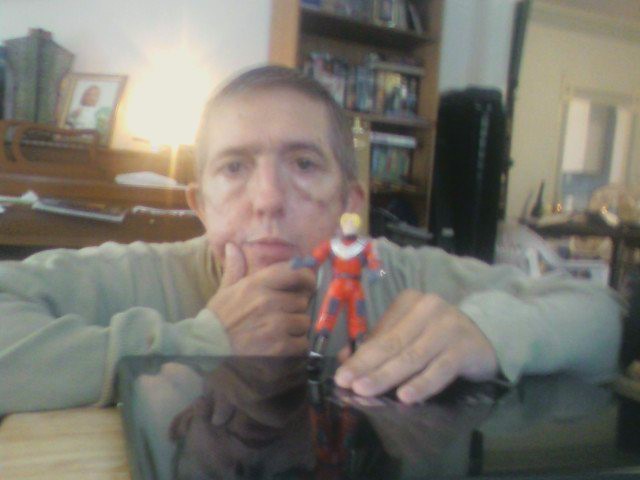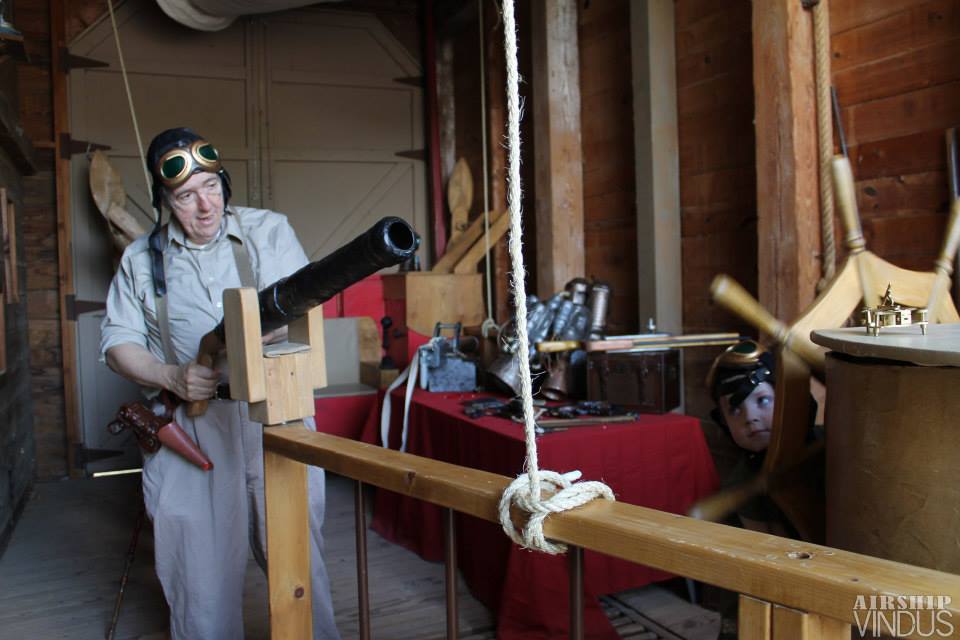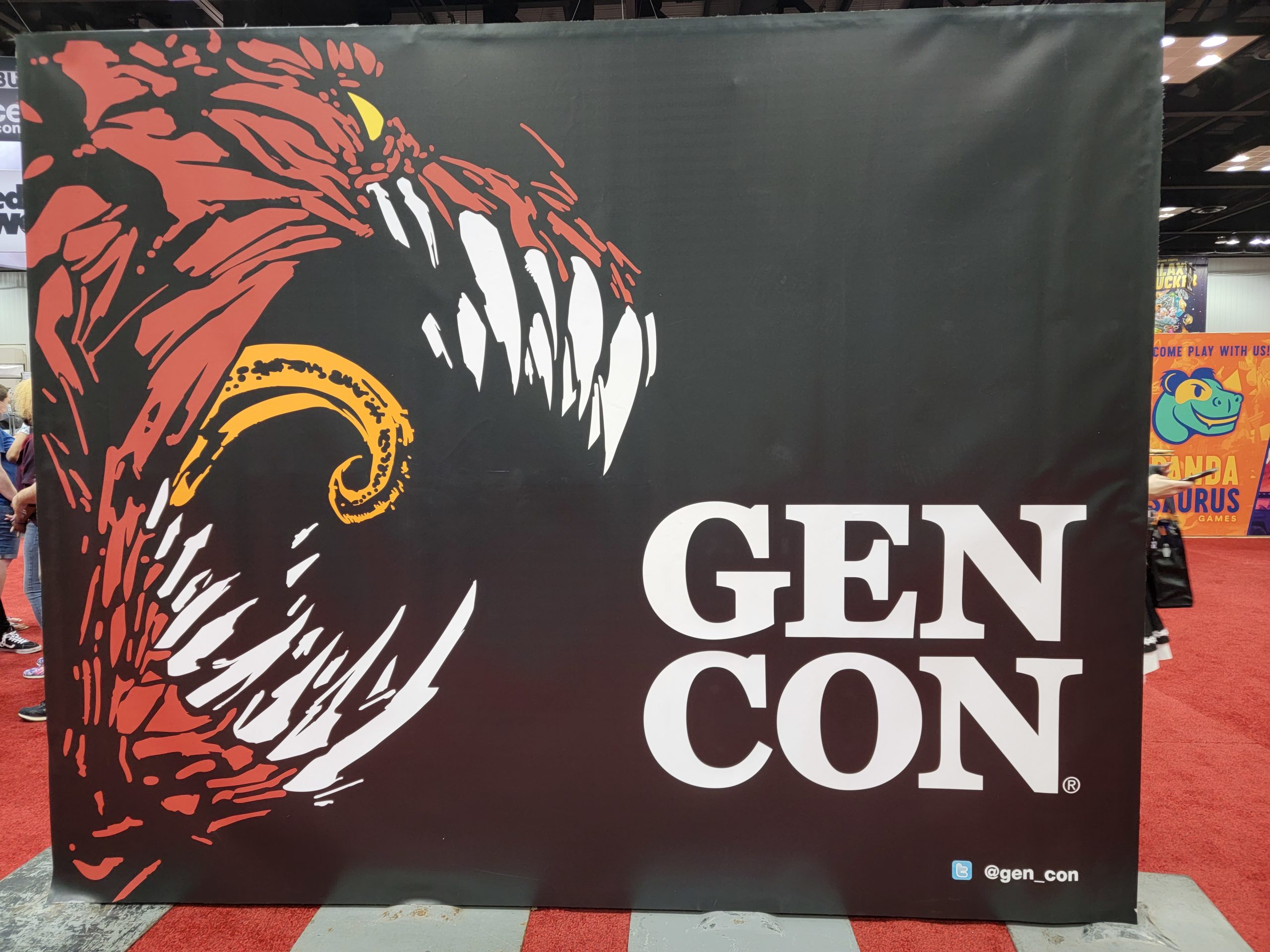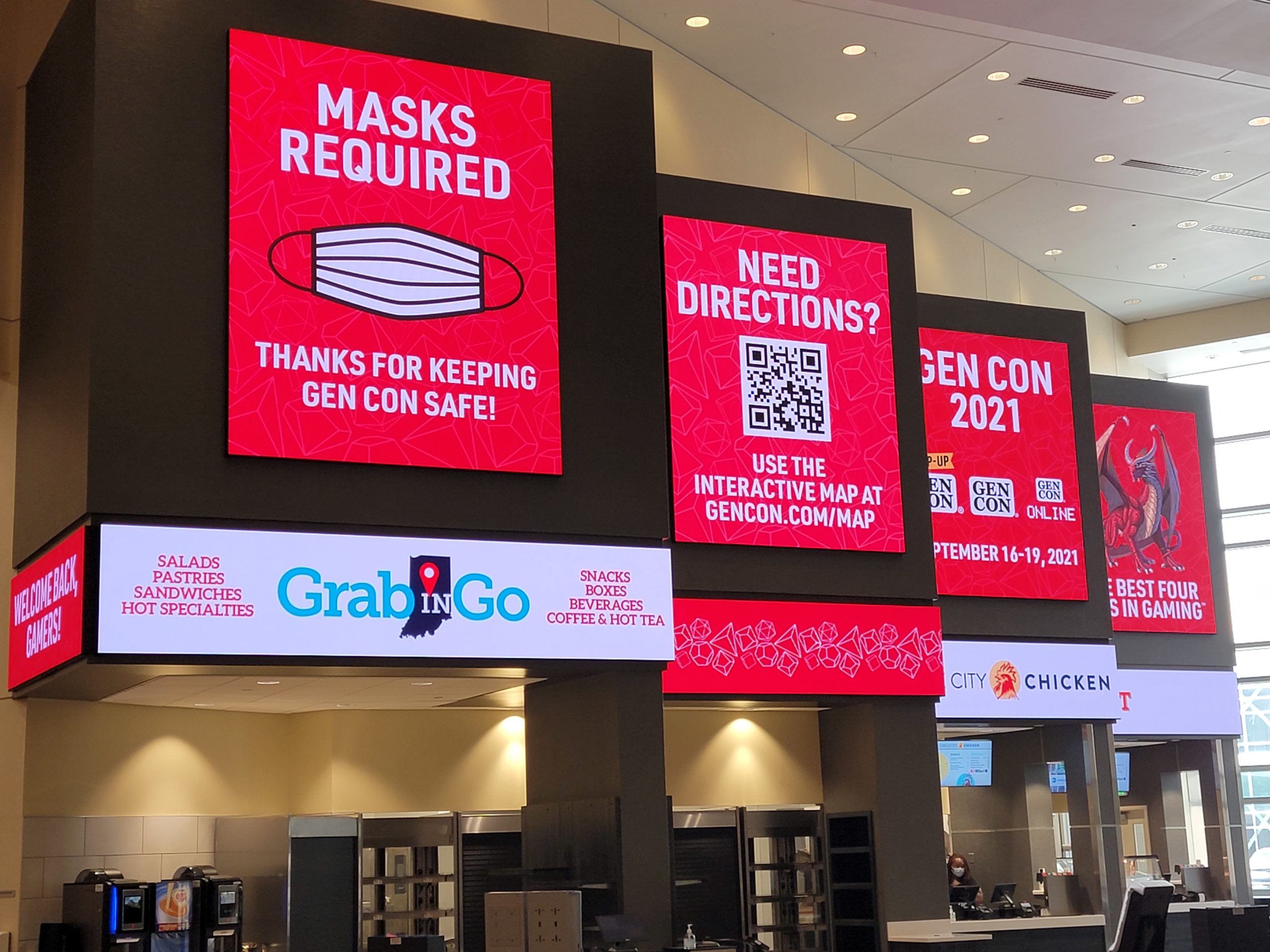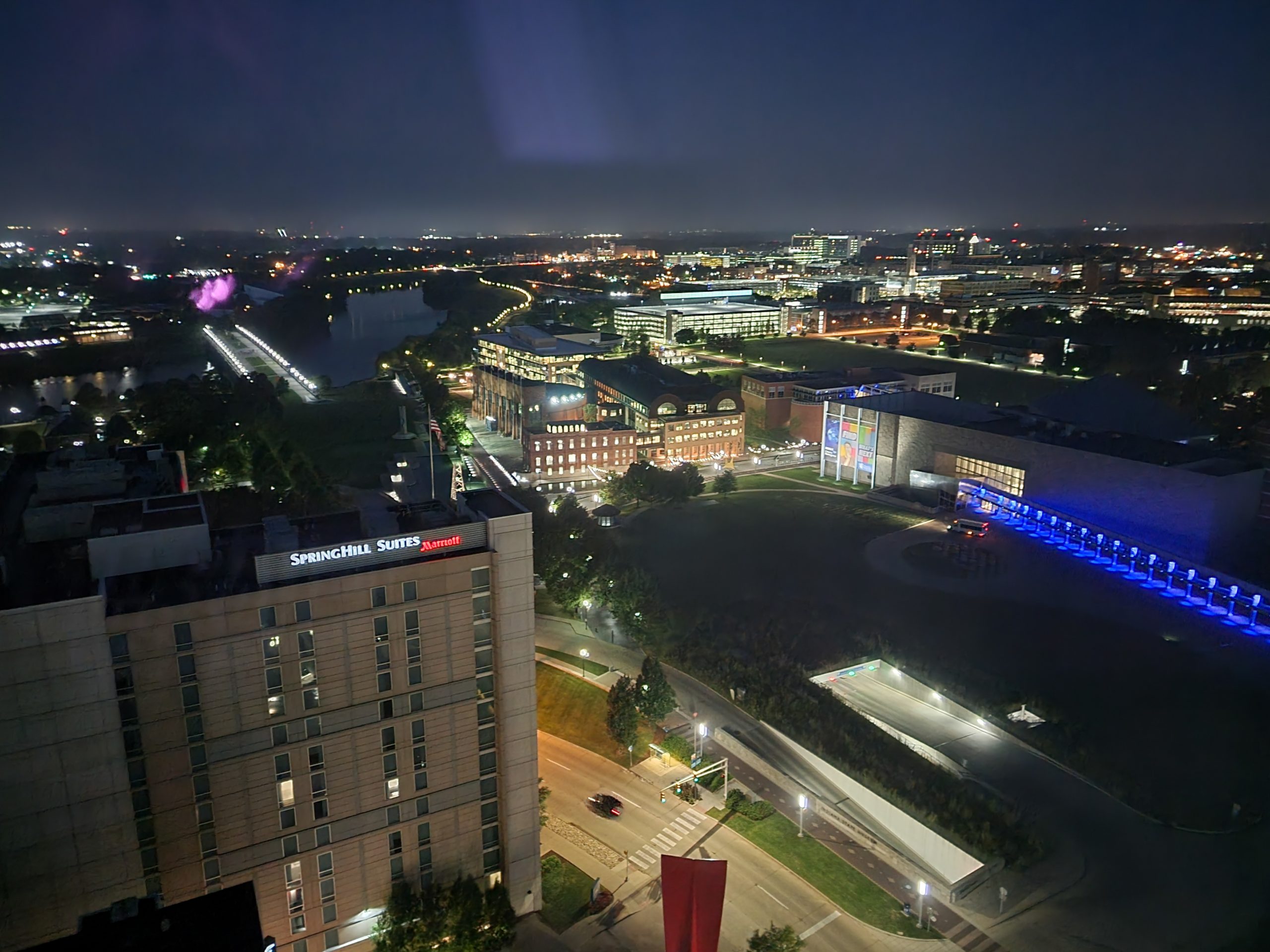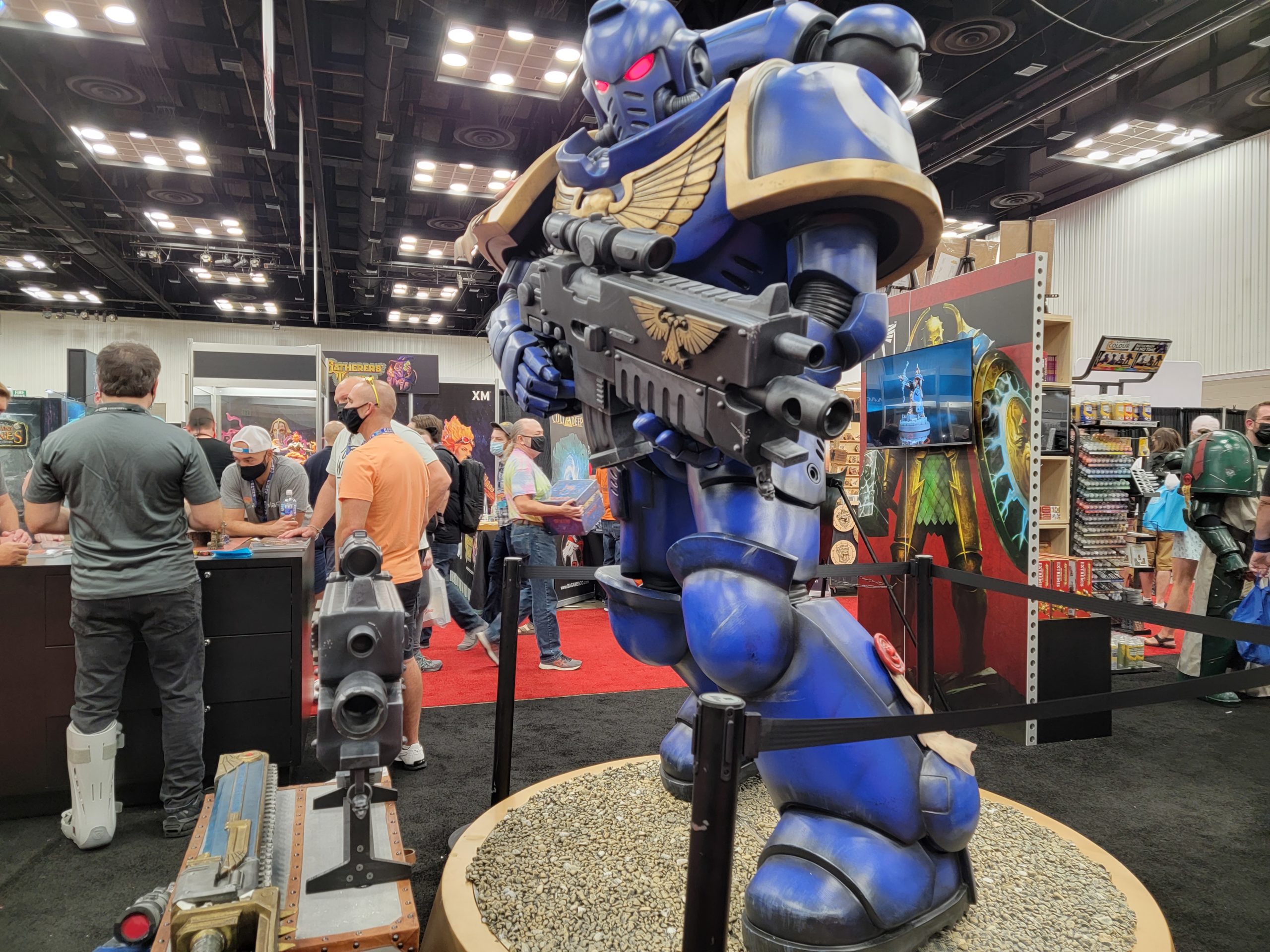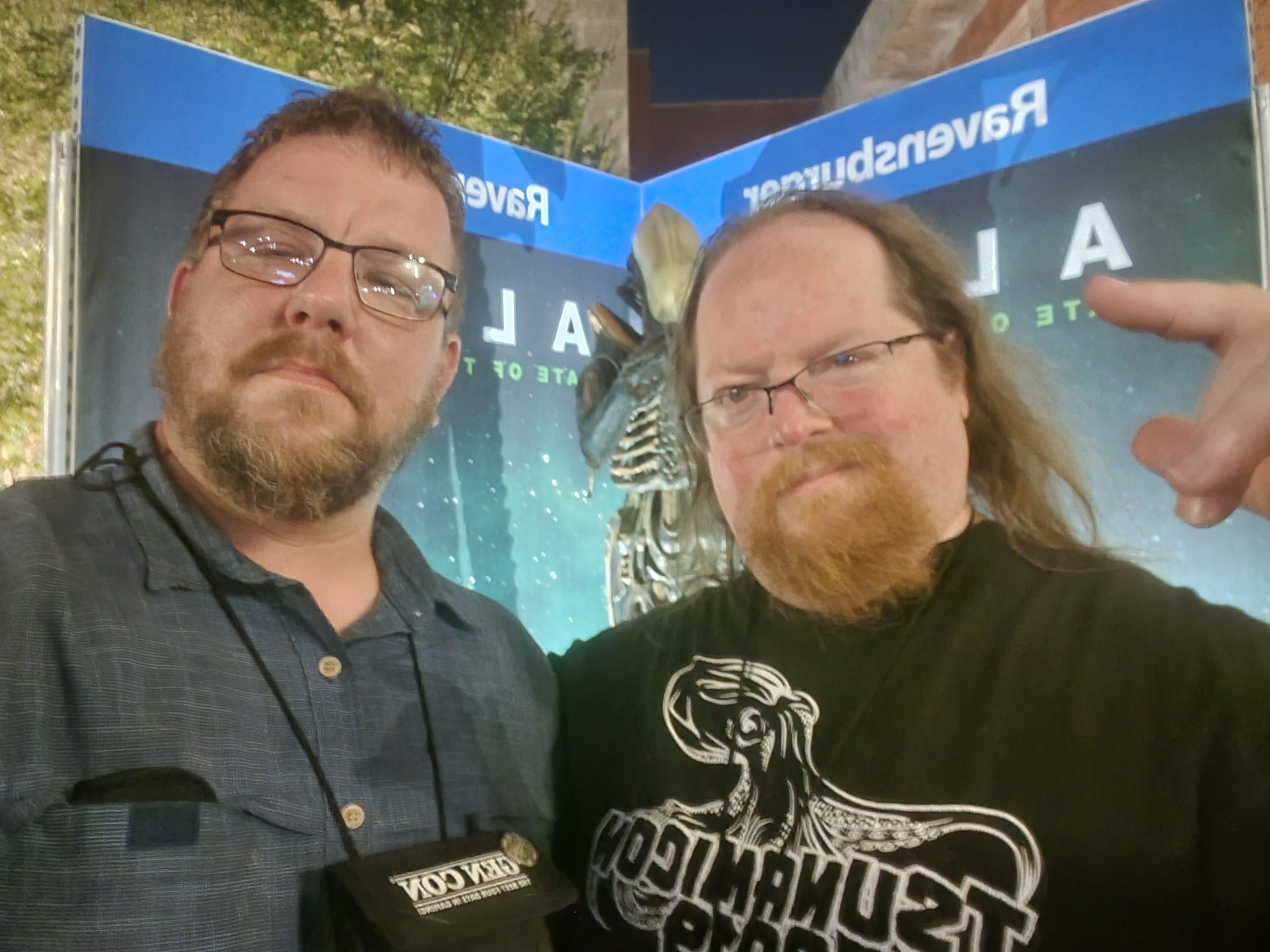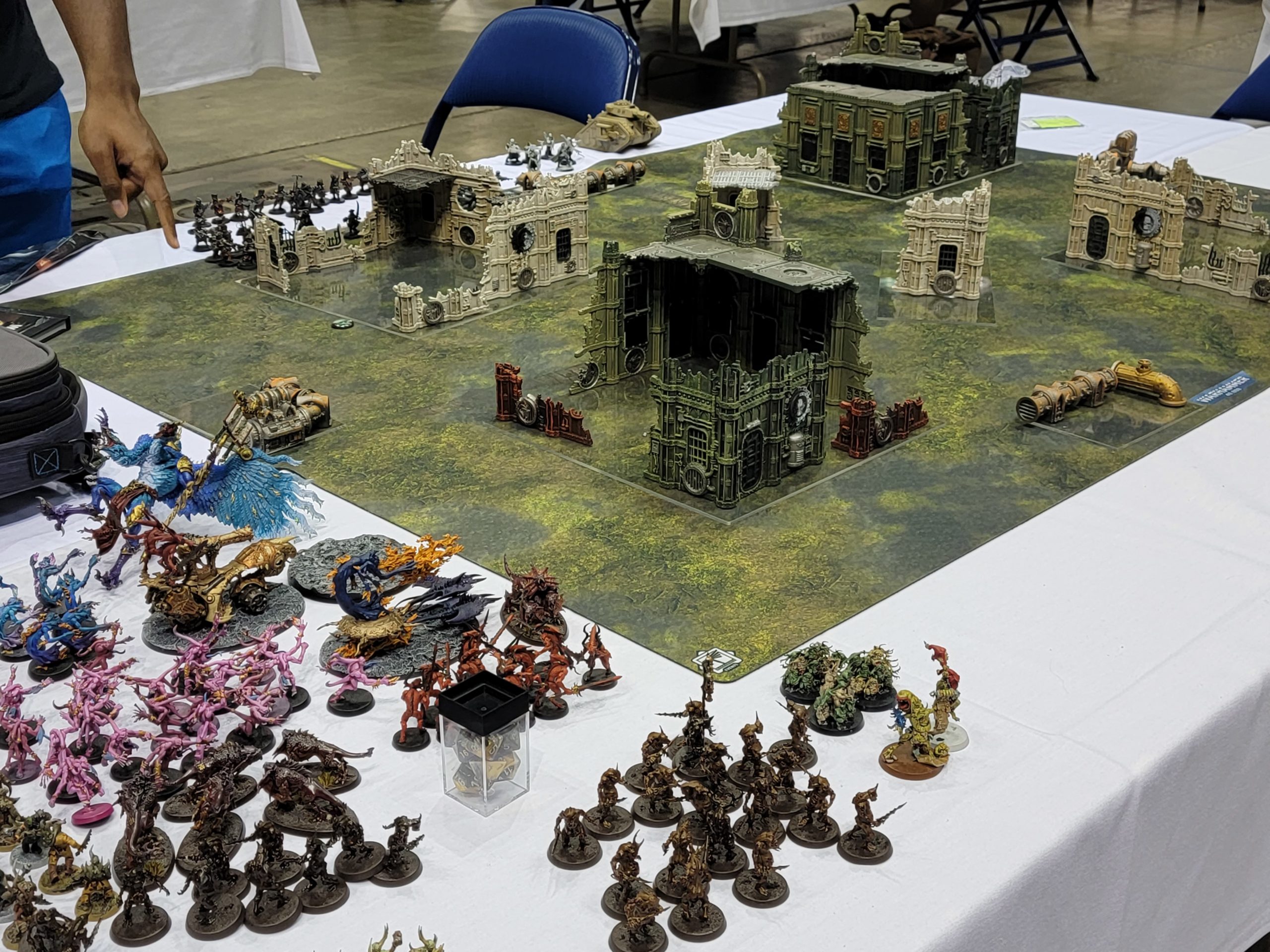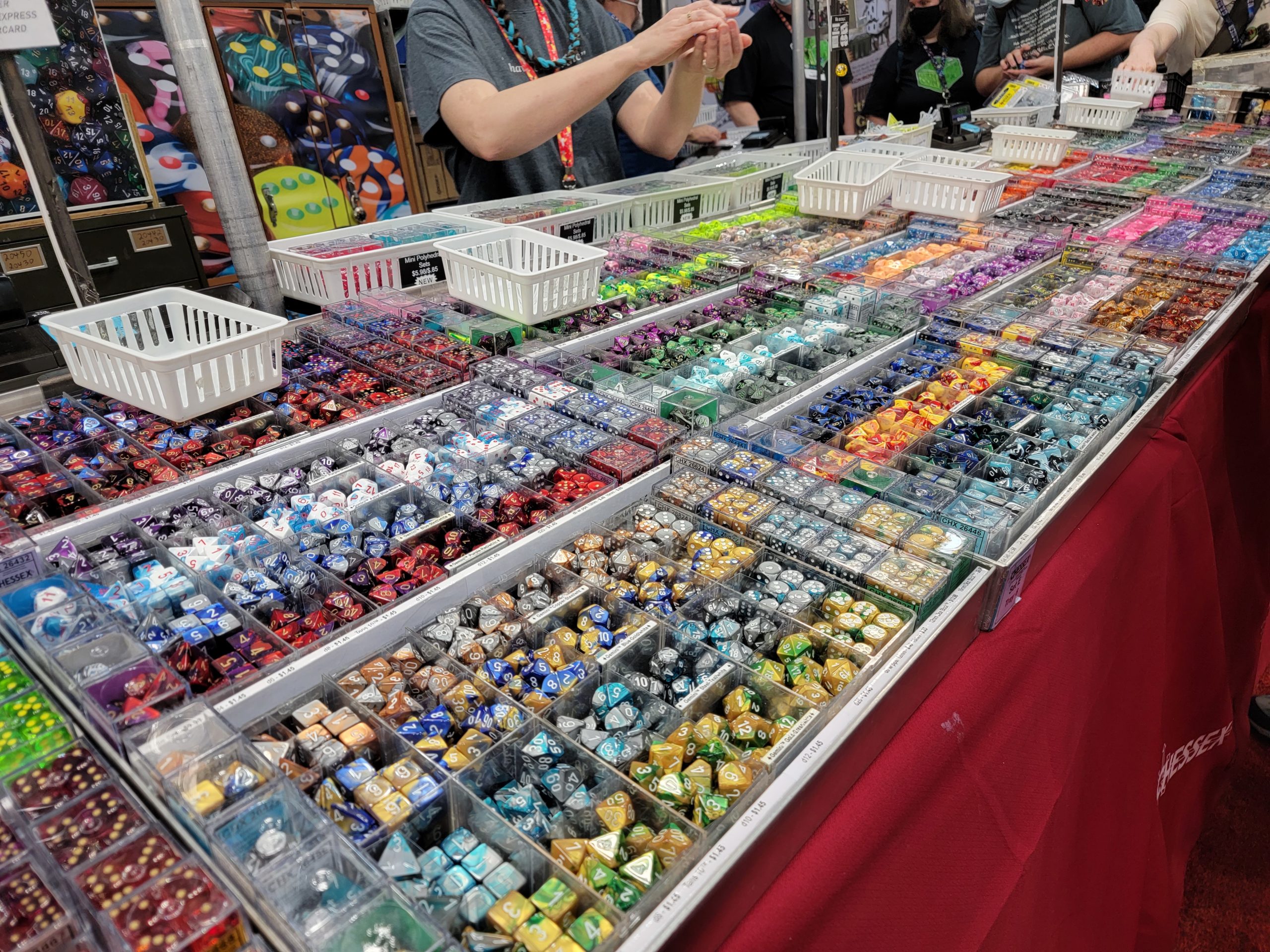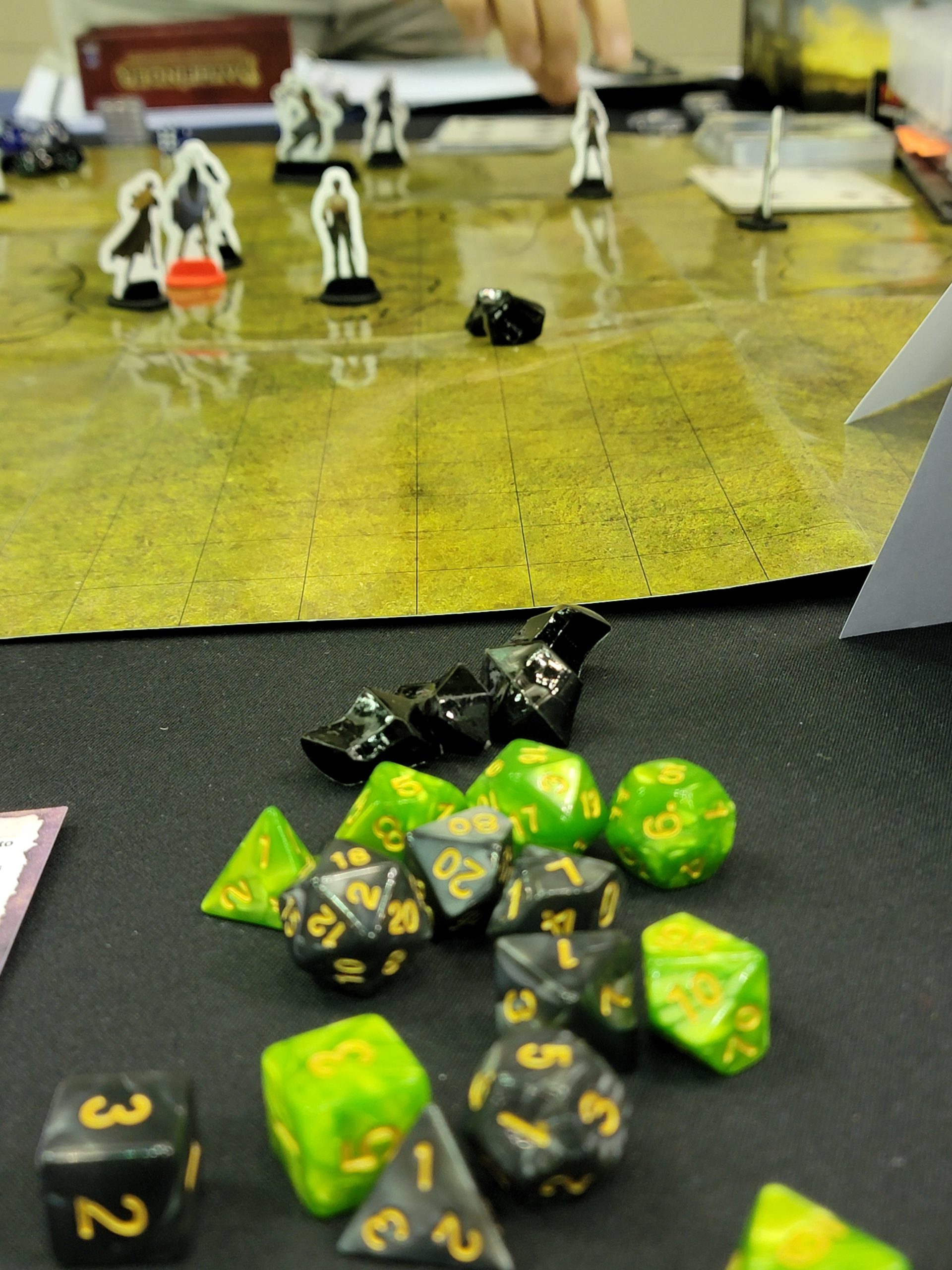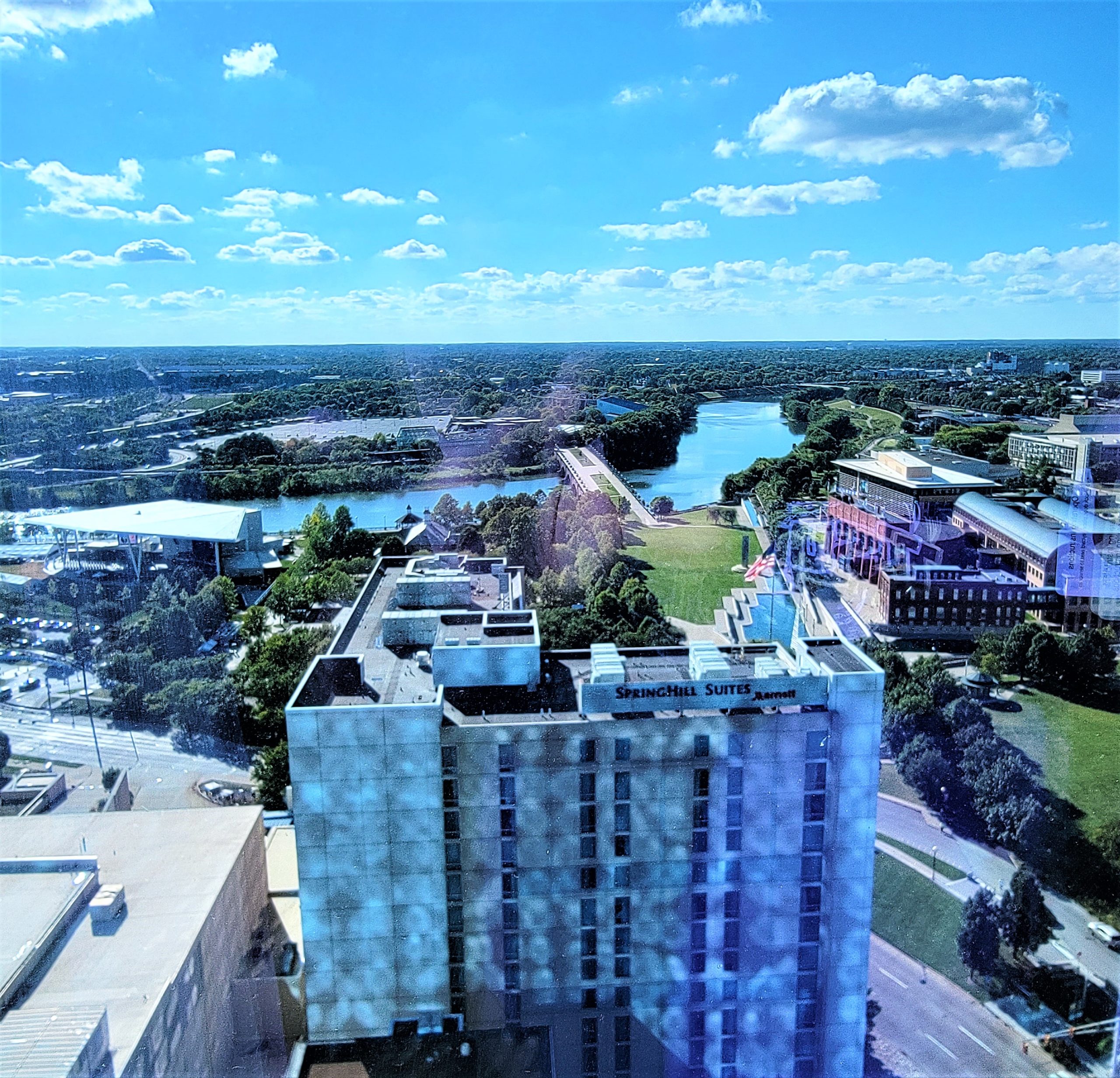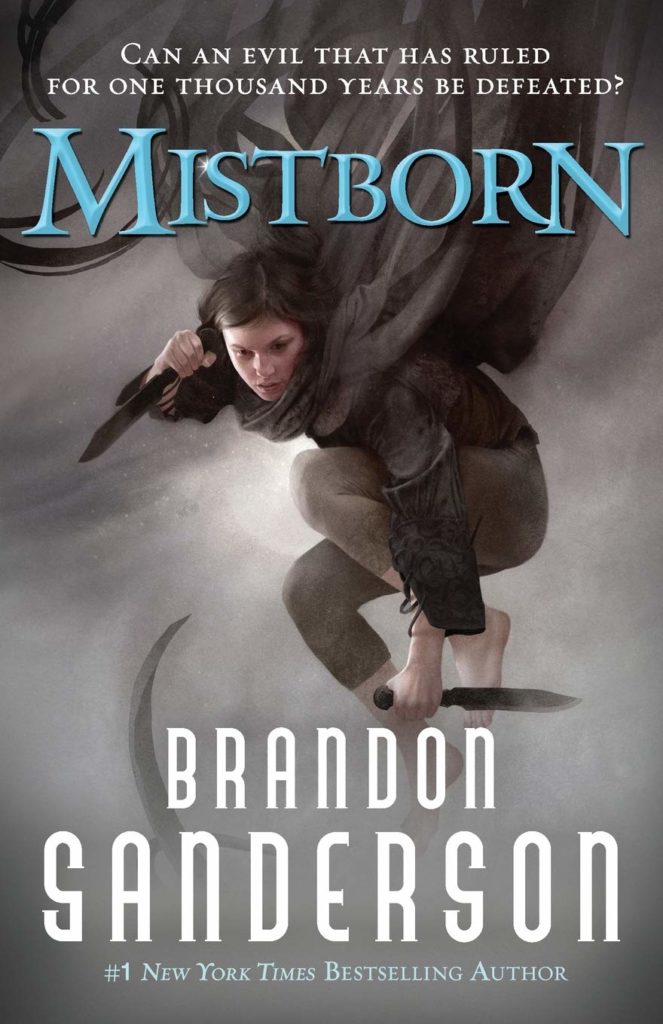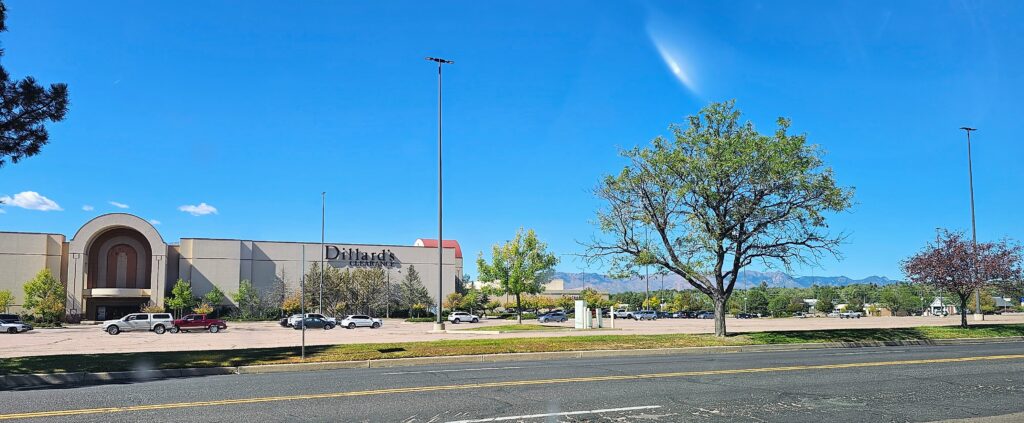
I get a strange sort of exuberance upon first entering a shopping mall. I’m not entirely sure why. They somehow seem like a relic of a bygone age, indicative of a childhood spent living in small town America where the mall was a symbol of the big city and all the shopping opportunities that we didn’t have; an idiom made honestly more confusing because malls offer very little specific shopping interests for me, which I’m sure was just as true when I was a kid. But what they did offer – bookstores, music stores, arcades, and so forth – felt like a trip to f’ing Disneyland.
Admittedly, it’s a fleeting sensation.
Today I am visiting the Citadel Mall in Colorado Springs. I’m alone on my excursion; my lady wife doesn’t particularly care for buildings with people in them, and my kids demonstrated markedly little interest in shopping in meatspace. And to be fair, the exterior of this shopping complex promises little innovation for the excursion to follow.
One place that does still retain some of the magic for me, however, is the almighty food court. And this one is quite simply gorgeous. And immediately accessible to the outside! Like somehow the mall knows that the food court is what’s going to bring people in the door. And frankly, on a Sunday afternoon, it’s the only area of the parking lot with much in the way of business.
A walk around the most accessible section of the mall from this location reveals numerous staples like Hot Topic, Spencer’s, Claire’s, Bath & Body Works, a bulk candy store, and a Game Stop. Happily, I also found an arcade tucked behind the stair! It wasn’t a particularly fabulous selection of games, but it still conjured pleasant memories of a youth spent plunking quarters into machines and wasting hours with my friends.
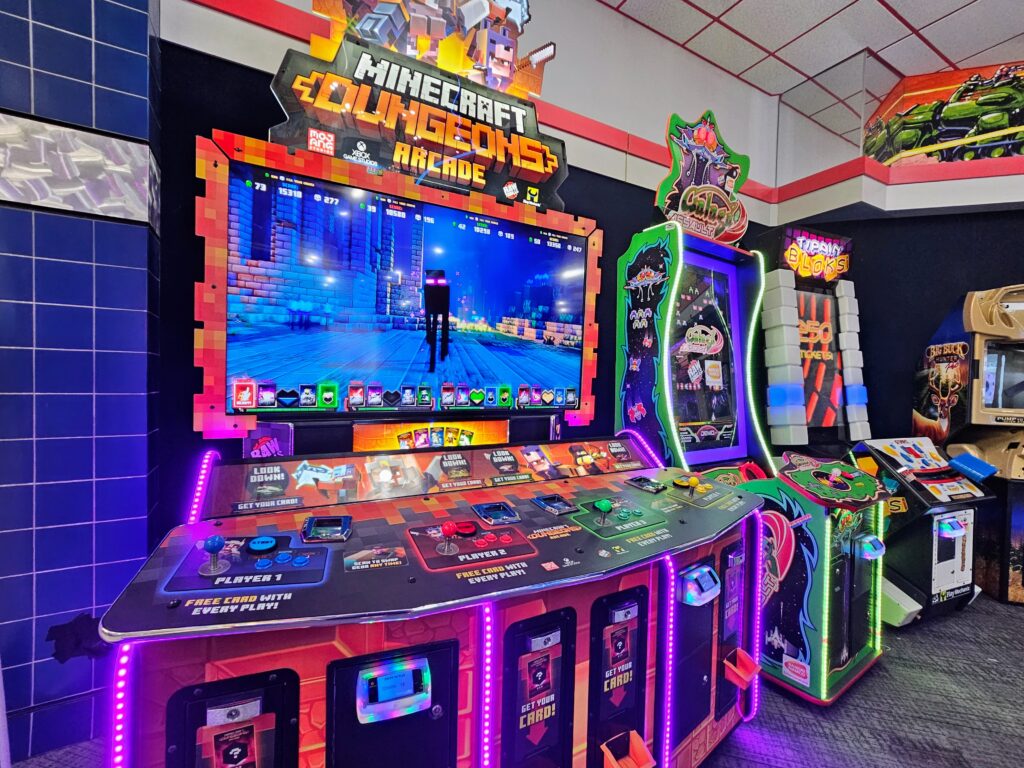
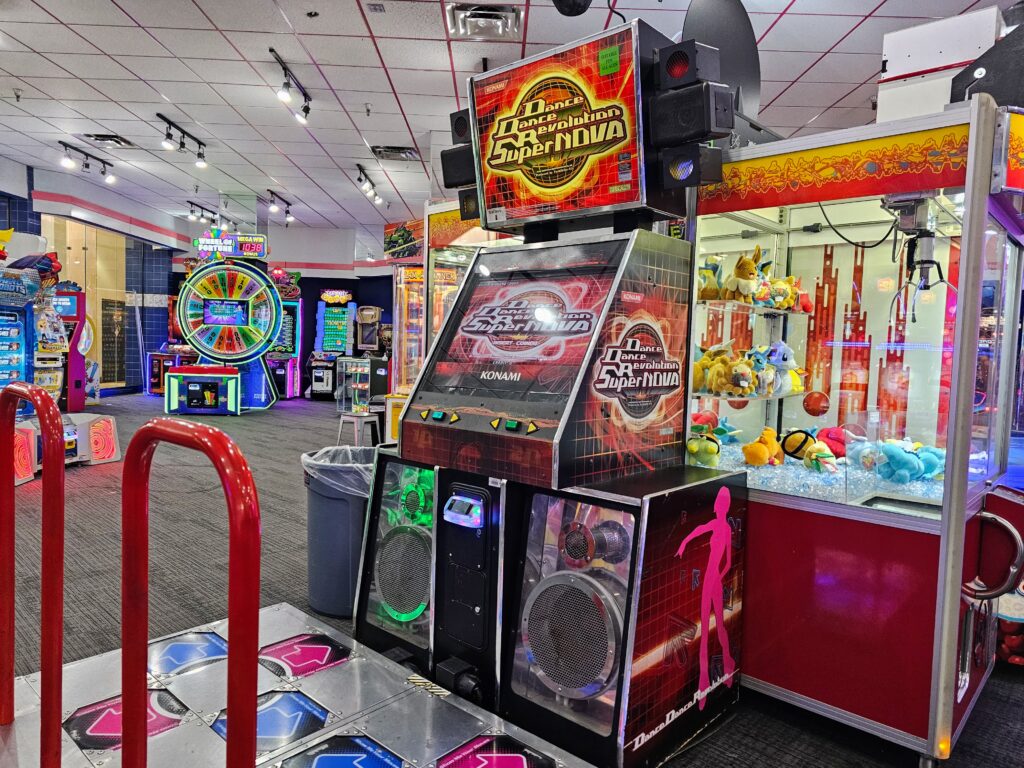
I picked up some candy – they had a small variety of sugar free offerings, but nothing to write home about – and grabbed a couple of pretzel dogs on my way out, my curiosity largely sated. I kept my visit short so that there would be plenty of new things to see if I swing by again sometime.
Ultimately, that initial enthusiasm dims very quickly without willing it to stay alive. Shopping malls are fairly banal, and while I long to see the shine beneath the surface, I know very well that I’m looking at the possibility of it all from the perspective of a boy who had very little to compare it to in life. During the course of my adult life, malls have held little more than nostalgia for me, and while living in the city I very rarely partook. We had a small town mall where I spent my early adult life in Dodge City, and it was home to our town’s biggest movie theater and only arcade. But it wasn’t big enough to support a food court, so it didn’t count.
Although there was a steak house there for a while where my band would rock the proverbial house, set up on a stage in the mall corridor facing the restaurant. That was pretty dope.
I’ll talk a little bit about some of the other, more interesting shopping experiences offered by the Springs when I have some time.

